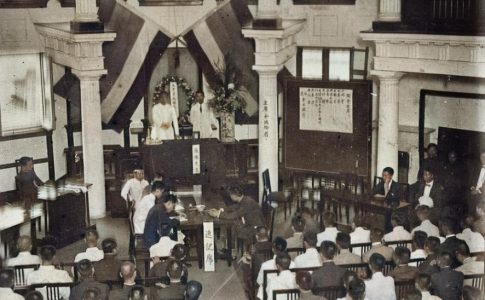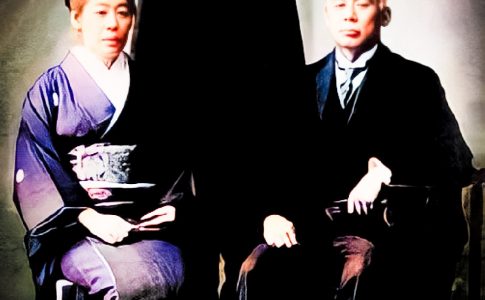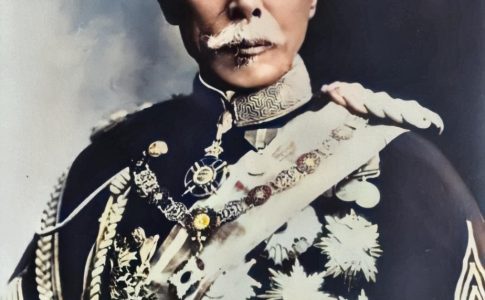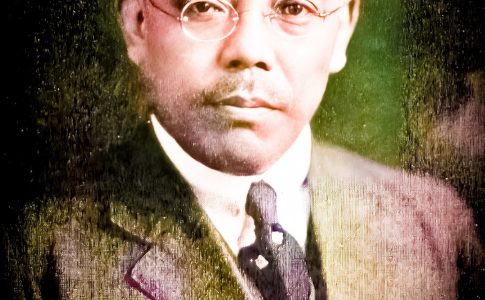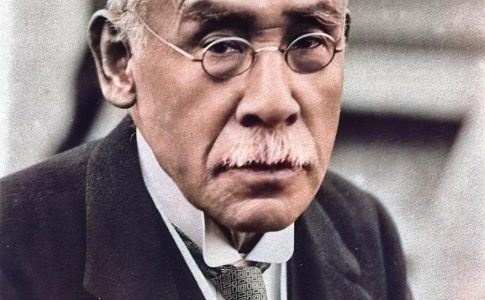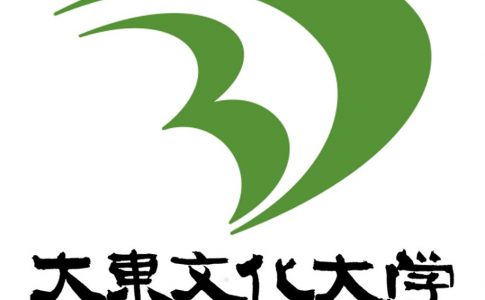Wednesday, March 23, 1921 Chinese Students in Japan
On Wednesday, March 23, 1921, it was reported that students from the Republic of China were leaving Japan one after another to return to their home countries or to study in Europe or the United States. The Anhui faction, led by Duan Qirui and supported by Japan, was defeated in the Anzhi War, a civil war that broke out in Beijing in July of the previous year, and the Western-backed Anhui faction, led by Cao Qibu and Wu Peifu, took power. The new government, which was dominated by the direct-slave faction, abolished the provision of tuition fees for government-sponsored students to Japan and shifted the focus to studying in Europe...

